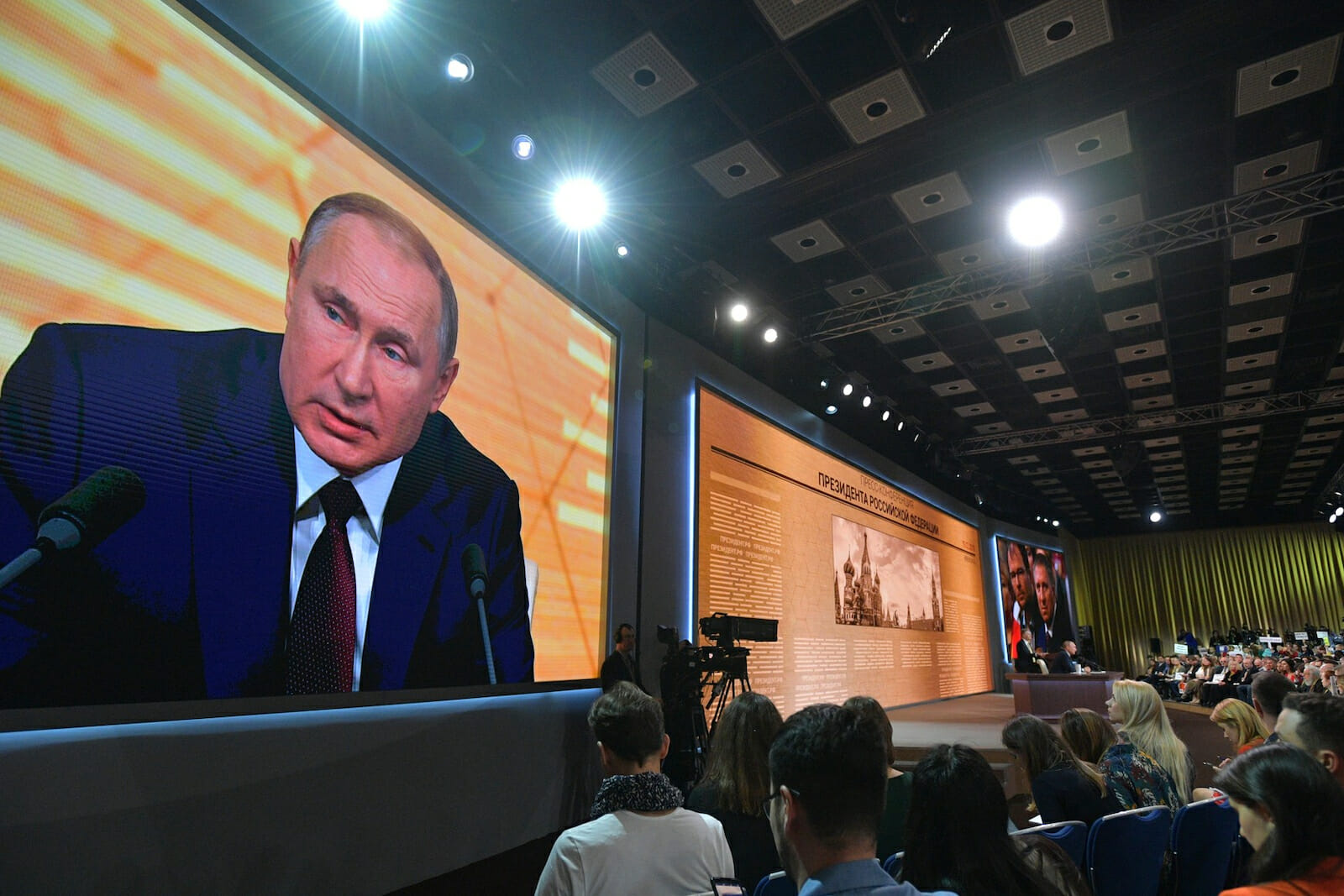
Anti-Russian Sentiment in the West is Counter-Productive
With the global ravages of the pandemic still to play out, the need of the hour is increased cooperation between countries, particularly in the areas of logistics for mass vaccination and economic support for countries hit hard by COVID. Yet a growing isolationist sentiment in industrialised countries is hampering efforts to face these global challenges.
The trade war between the United States and China is one example. There is widespread bipartisan support in the U.S. government for action against China, so the incoming Biden administration is expected to continue pressure on China, albeit in a more nuanced, less confrontational manner.
What is less clear is how President-elect Joe Biden will treat Russia. He will certainly move away from the inexplicably soft approach of outgoing President Donald Trump, but will Biden seek to balance the relationship or take a confrontational tone? The signs so far are not encouraging.
There appears to be an entrenched anti-Russian sentiment in many Western capitals, where Russian influence is seen as “interference,” Russian money is seen as “corrupting,” and Russians are generally viewed with suspicion. This is often counter-productive, as constructive cooperation with Russia is in the interests of the West.
Take the global race for a COVID vaccine. The Russian Sputnik V vaccine was the first to be announced, yet there were no adulatory media reports of the kind that greeted the Pfizer and Moderna vaccines announced recently, despite all three vaccines having success rates of over 90%.
Contrary to the stereotypical image of Russia in the West, there are successful Russian businesses, athletes, and publications that are independent of Kremlin control. Yet these do not receive the same attention as those from elsewhere in the world.
In sport too, Russia has been targeted in an unprecedented manner, with the entire country blacklisted for four years over doping allegations. Contrary to the norms of natural justice, a Russian athlete has to prove that he or she is innocent before they will be allowed to participate.
Other countries like China have also faced allegations of widespread doping, but they have not received the blanket ban that Russia has.
Russian sports administrators too have faced a level of scrutiny that is not often accorded to the heads of sports organisations in the West. Take Olympic boxing, for instance. The leading contender for the presidential election of the International Boxing Association (AIBA) is Umar Kremlev, the head of the Russian Boxing Federation, who has turned around the fortunes of his federation in less than 4 years. His candidacy has received growing support in the lead up to the election next month, with his leadership qualities seen as necessary to clean up the governance and fiscal mess at AIBA.
Yet once again, the very fact that Kremlev is Russian is being held against him. Two Western candidates emerged just before nominations closed on November 2, with one of them even reportedly claiming that he was the International Olympic Committee (IOC)’s preferred candidate because he is “Western European.” The appropriateness of the IOC interfering in an election notwithstanding, this is a clear example that simply being Russian is seen as a disadvantage in the West, despite all the experience and vision one brings to the role.
It is time for Western decision-makers to move on from this easy stereotypical view of Russia, and instead see the potential that its people, technology, and businesses can offer the world. Constructive engagement with Russia could be a win-win for all sides in these troubled times.
